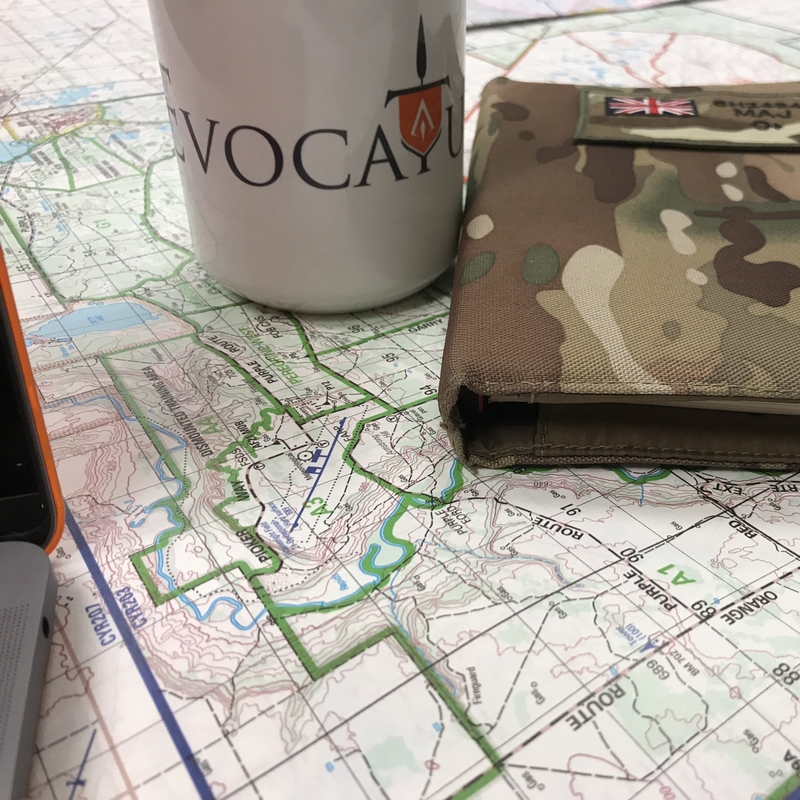March was quite a month for us at Evocatus. As a business focussed on the value that can be created from bringing groups together to take part in games and exercises, the impact of Coronavirus on us was not hard to predict, although the speed with which our busy Spring and Summer evaporated literally overnight was a surprise.
After 24 hours to let the impact sink in, we made time for a quick estimate to decide on how to best respond to our new circumstances – a SWOT[1] analysis to make sure we had seen the new situation from every angle and a look at the all-important cash flow, to understand how much was left in our business fuel tank. At the same time, many of the team was beginning to step up into their roles with the Army Reserve, providing the extra staff capacity and experience required to prepare reserve soldiers for potential mobilisation to support the national effort to defeat Coronovirus.
The results of our estimate were positive. Sure, there was very little fat in the cash flow, but thanks to a busy year so far, we could continue to pay our overheads for most of the coming year. The biggest decision to be made was on marketing: should we batten down the hatches and just spend as little as possible, or should we continue to pay for help with getting our message out there, in the hope of being well-placed in front of potential customers once the recovery comes.
The answer to that question came from the SWOT. On the negative side, there are threats and weaknesses which revolve around not having deep cash reserves, the risks of a slow recovery on the other side and the risk that once the virus has run its course, organisations simply become more effective at working online and are less willing to bring their teams together; while we are excited about the positive environmental impact this could have, we regard it as a threat, potentially undermining appetite for our offering.
On the positive side, however, the strengths and opportunities were far more significant. We see opportunity in our size, which gives us the agility to go into near-hibernation during this crisis, focussing on preparing to re-launch as the recovery begins. We also see the Coronavirus pandemic as a grim advertisement for what we do. It has been an excellent antidote to complacency; we think organisations which survive this crisis will understand the importance of using exercises to manage risk and to prepare for the unexpected. We also think that although distance working will be normalised, the need to create value from travel and from bringing teams into a central location will become even more evident. If organisations are going to more rarely spend time and resources on coming together, then they will increasingly be looking for ways to maximise the opportunity, which represents a significant opportunity for us. Finally, while our order book might have emptied, that doesn’t mean that our team is going to be idle; we’ll be coming back with direct experiences of managing the unexpected from taking part, as members of the Army Reserve, in the national response to COVID-19.

It wasn’t a particularly difficult decision to make, really. Once we knew we could survive, it then became about surviving in a way which prepares us for success once the crisis is done. So we’ll be continuing with our marketing efforts and using the spare time we get from not travelling to work on a few new products and tools which we can use to design and execute games and exercises. But mostly, we’ll be back in uniform, using our skills and experience to help defeat the virus.
We’ll see you when it’s done!
[1] Strengths, Weaknesses, Opportunities and Threats.
